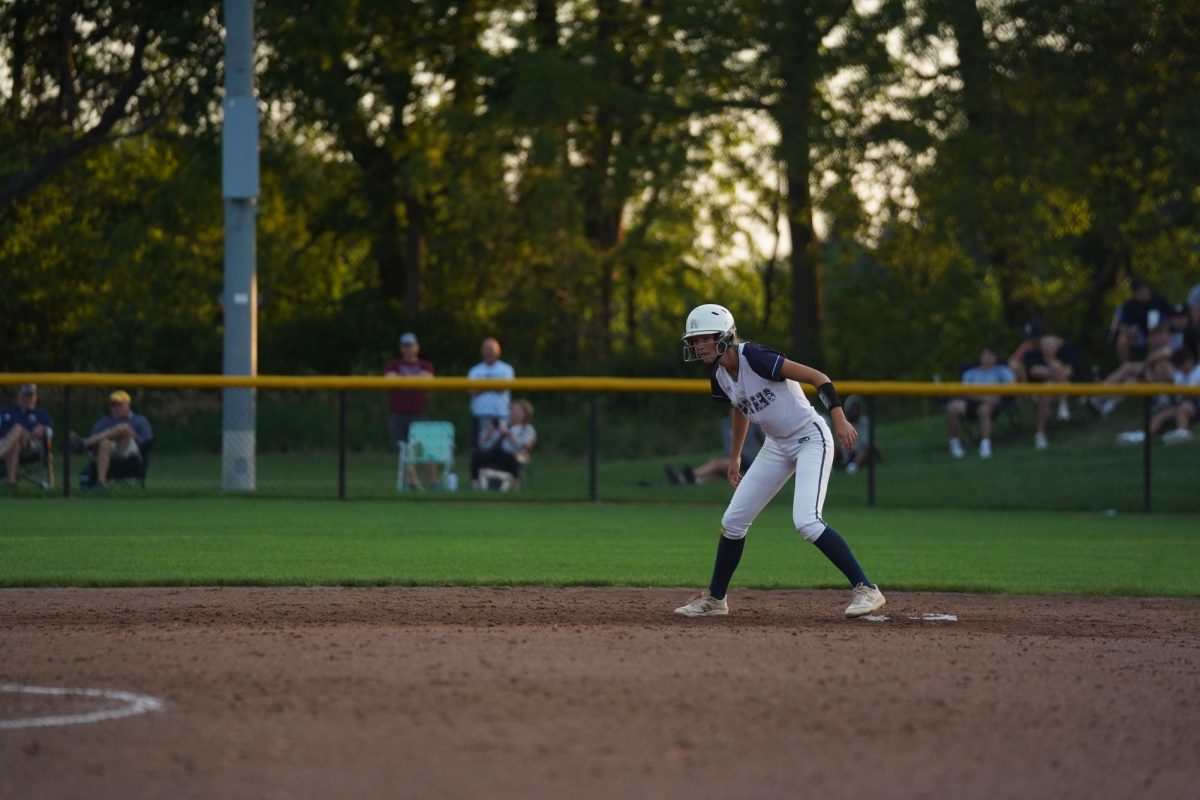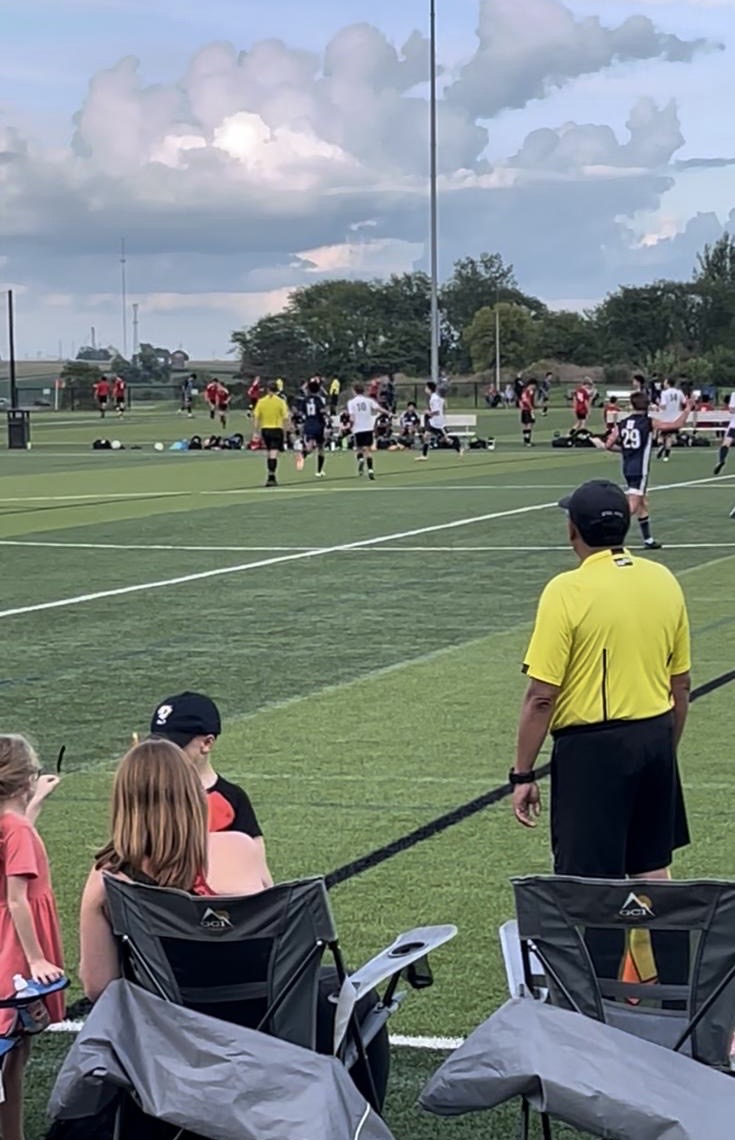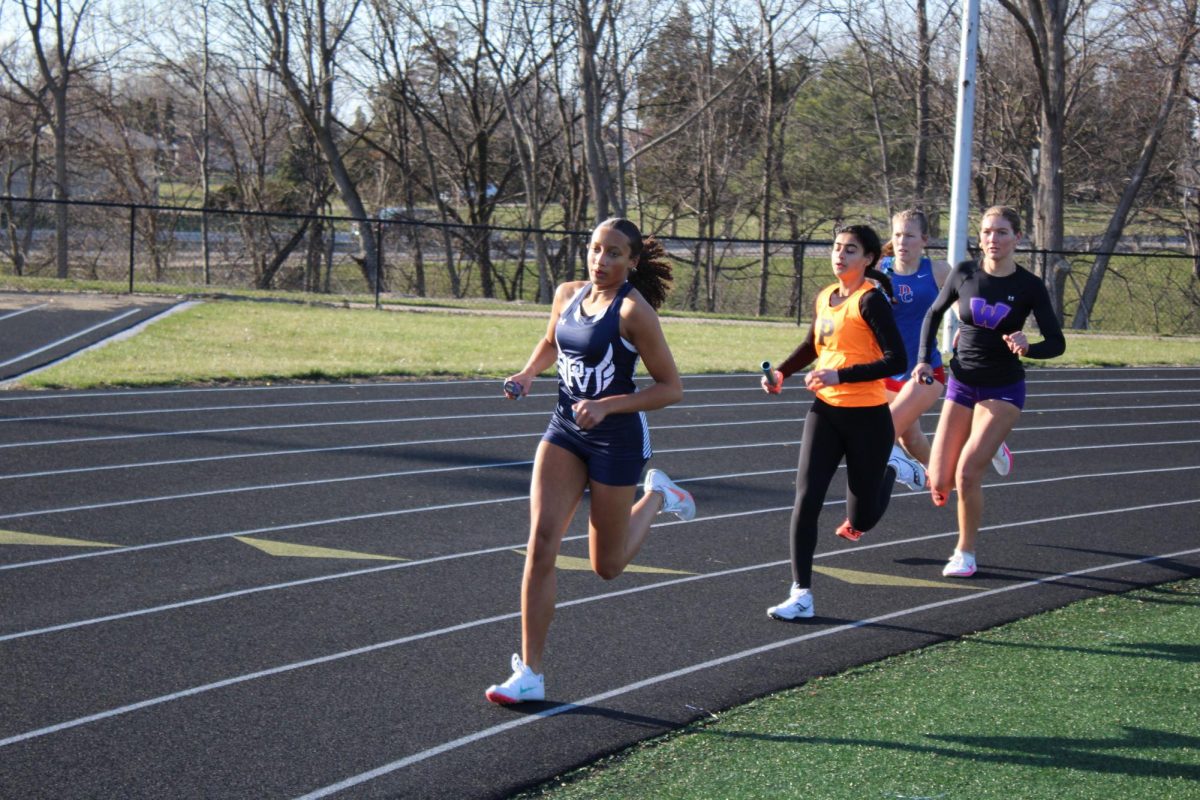In 2018, the Supreme Court overturned the Professional and Amateur Sports Protection Act which prevented states from sanctioning sports gambling. Since then, sports betting has rapidly grown in popularity across the United States.
With the normalization of gambling and the accessibility of mobile apps, it’s easier than ever for millions of Americans to participate in betting on professional and collegiate sports.
Tournaments like the NCAA March Madness have greatly influenced the growth of sports betting. An estimated $3.1 billion were legally wagered between the men’s and women’s tournament this year compared to $2.7 billion in 2024.
2021 PV graduate Michael Nauman contributed to the billions of dollars bet this year. “The tournament is the perfect thing to place small bets on. There are so many opportunities to make some money as there are 67 games to make wagers on,” explained Nauman.
The popularity, fast pace and mainstream attention of March Madness make it an easy starting point for sports gambling. With numerous games nearly every day for almost a month, the structure of the tournament allows for perpetual betting cycles. . It’s this level of accessibility that can increase exposure to gambling, especially within younger audiences.
Underage sports betting is an area of growing concern among American audiences. Regulations prohibit sports betting under the age of 21, however, many minors still find ways to participate. With most betting being conducted online, underage participants have the ability to enter false information in the apps without being flagged.
Early exposure to betting can be associated with a higher risk of developing gambling disorders later in life. The legal age of 21 is meant to protect the developing brains of adolescents who are more likely to partake in risky behavior and impulse-driven decisions. Starting gambling at a young age increases the likelihood of developing a gambling problem in the future.
The National Council on Problem Gambling estimates that around 5 million Americans are considered to be compulsive gamblers. Of these 5 million people, only 8% are likely to receive help for their problem.
A PV student, who would prefer to go by the alias of John, used to participate in sports betting. “I started sports betting to enjoy the excitement of the games, but I chose to quit when I recognized that the thrill was overshadowed by financial strain,” John explained. This is a decision that many others are unable to make as they become addicted to the adrenaline rush that gambling sparks. From this seemingly innocuous starting point, casual sports bets on tournaments like March Madness can progress into other forms of gambling.
Nauman is one of the millions of Americans who enjoys the thrill of gambling. “Sports betting is fun and a good source of entertainment when people are participating responsibly. The issue is when the risk starts to outweigh the reward,” said Nauman.
As sports betting continues to become more accessible and socially acceptable, it’s important to acknowledge both its entertainment value and the potential risks associated with irresponsible and underage participation. With the industry showing no signs of slowing down, conversations around regulation, education, and responsible gambling habits are more important than ever.







